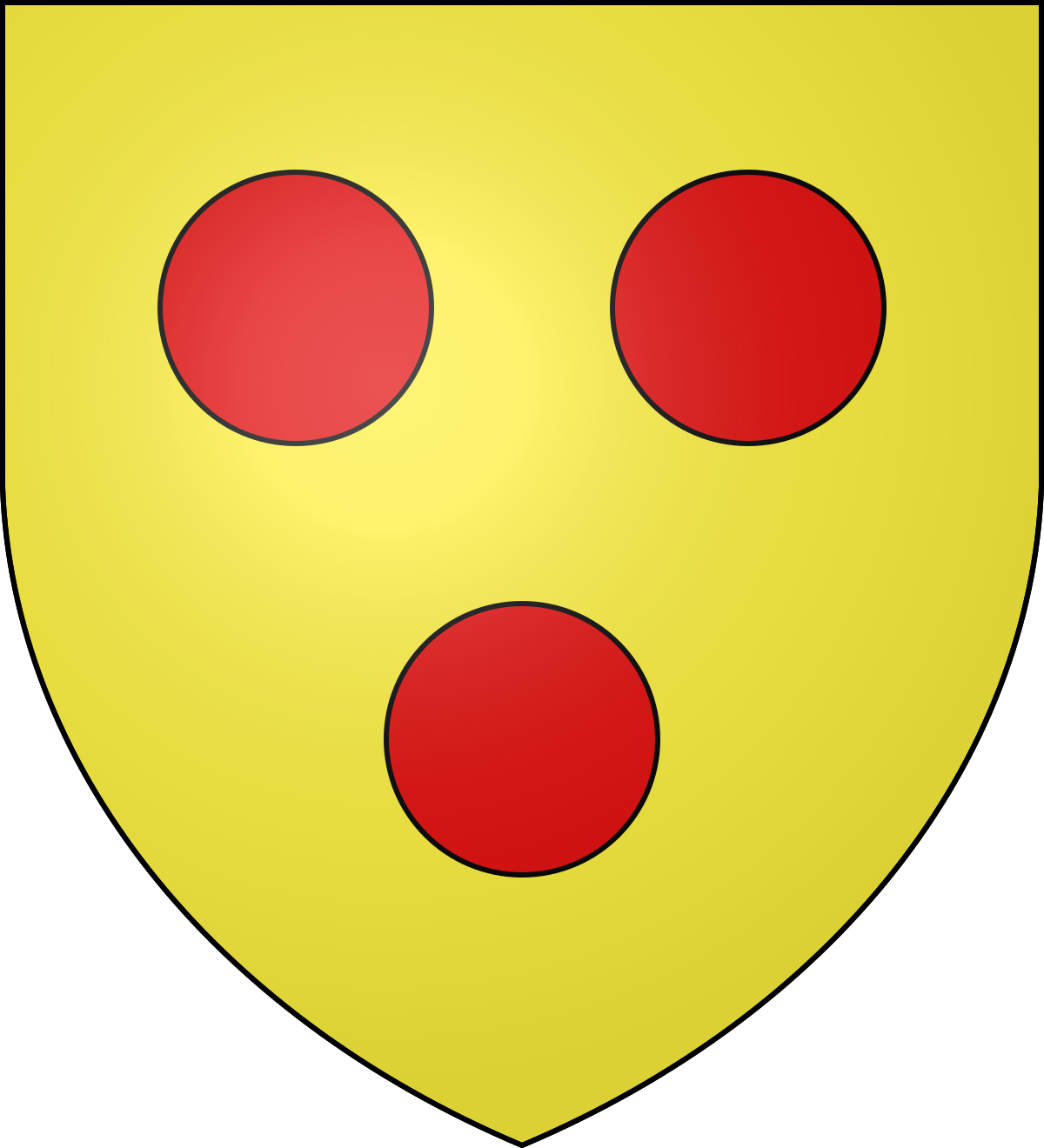Inspired by @raharris1973's thread about the Hapsburgs not inherting Bohemia and Hungary.
Anyway, in real life, one notable Capetian marriage alliance that resulted in a unification of France with another kingdom was the marriage of Antoine of Bourbon with Queen Jeanne III of Navarre, which produced the future King Henry IV of France, also known as King Henry III of Navarre. This eventually resulted in the formal unification of the Kingdoms of France and Navarre in the early 17th century. Navarre didn't have much territory back then, but it was still a notable achievement for France.
Which additional unifications could France have achieved through Capetian marriage alliances? Obviously Spain was off the table since the War of the Spanish Succession was fought over this in the early 18th century, but which additional kingdoms were actually possible for this?
Any thoughts on this?
Anyway, in real life, one notable Capetian marriage alliance that resulted in a unification of France with another kingdom was the marriage of Antoine of Bourbon with Queen Jeanne III of Navarre, which produced the future King Henry IV of France, also known as King Henry III of Navarre. This eventually resulted in the formal unification of the Kingdoms of France and Navarre in the early 17th century. Navarre didn't have much territory back then, but it was still a notable achievement for France.
Which additional unifications could France have achieved through Capetian marriage alliances? Obviously Spain was off the table since the War of the Spanish Succession was fought over this in the early 18th century, but which additional kingdoms were actually possible for this?
Any thoughts on this?





